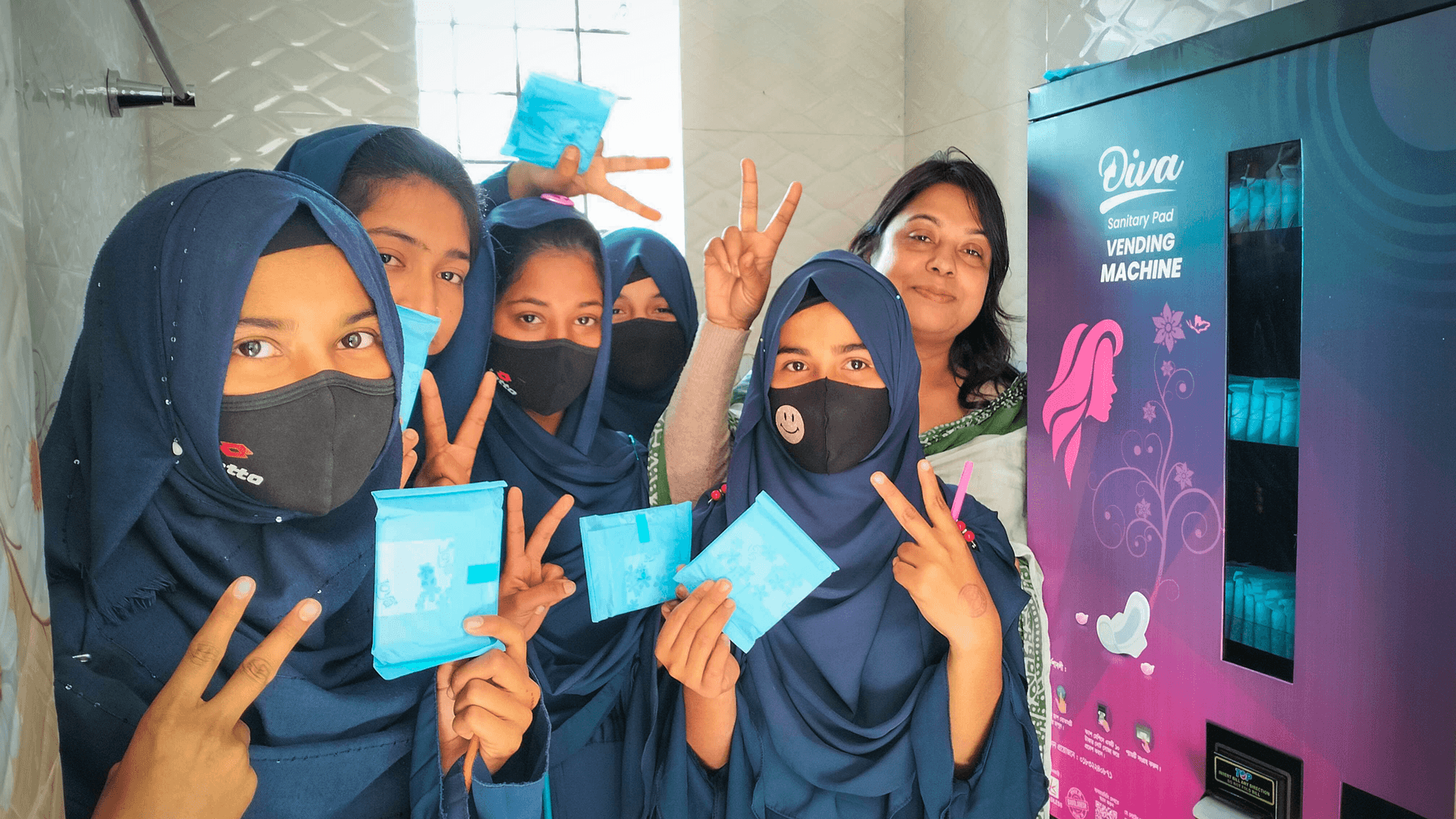Menstruation is a natural biological process, yet millions of women and girls around the world face barriers due to social norms, misinformation, and limited access to proper care. For many adolescent girls, periods become a monthly source of stress and shame rather than a manageable part of life. Addressing menstrual hygiene management is essential not only for health but also for education, dignity, and equality.
The Consequences of Poor Menstrual Hygiene
Poor menstrual hygiene can lead to serious health issues like bacterial vaginosis, urinary tract infections, and long-term damage to reproductive health. In many communities, adolescent girls miss school during their periods because of inadequate facilities or a lack of sanitary products. At work, women face discomfort and stigma, reducing their participation and productivity. The fear of judgment and lack of open conversation continue to reinforce silence, worsening the impact on menstrual health and hygiene.
How We Can Improve Menstrual Hygiene
Promoting Menstrual Health Education
Education is the first and most powerful step to improve menstrual hygiene practices. Adolescent girls, boys, teachers, and parents should all receive accurate, age-appropriate information about the menstrual cycle. Teaching good menstrual hygiene habits helps debunk myths and builds confidence. When we raise awareness early, girls feel more prepared and less ashamed. It also helps boys become supportive, reducing stigma for future generations.
Improving Access to Sanitary Products and Facilities
Access to clean and safe sanitary products is a basic need. Many girls, especially in underserved areas, cannot afford or find sanitary pads, leading to unsafe alternatives like cloth or paper. This increases the risk of infections. Installing sanitary pad vending machines in schools, workplaces, and public locations ensures emergency access. Additionally, restrooms must have clean water, soap, disposal bins, and private space to make period care safe and dignified.
Encouraging Government and Corporate Support
Government policies and workplace support can transform menstrual hygiene management. Authorities should eliminate taxes on sanitary products, include menstrual education in schools, and fund hygiene programs. Corporates can introduce menstrual leave, offer hygiene kits, and ensure clean, private restrooms for employees. These changes help women and girls manage their periods without barriers, boosting their confidence and health.
Supporting Sustainable Menstrual Hygiene Solutions
To reduce environmental impact, we must promote eco-friendly and biodegradable sanitary pads or reusable options like menstrual cups. These solutions are safe, cost-effective over time, and reduce waste. Educating users on their proper use and care supports better menstrual hygiene practices while protecting the planet. Sustainable choices also empower women and girls to take control of their health and future.
Conclusion
Improving menstrual health and hygiene is not just about periods—it’s about dignity, opportunity, and equality. From schools to offices, every space should be period-friendly. By promoting education, improving access to sanitary products, encouraging supportive policies, and backing sustainable solutions, we can create a world where every girl and woman manages her period safely and confidently. Let’s work together to raise awareness, prevent infections, and ensure no one is held back because of menstruation.





